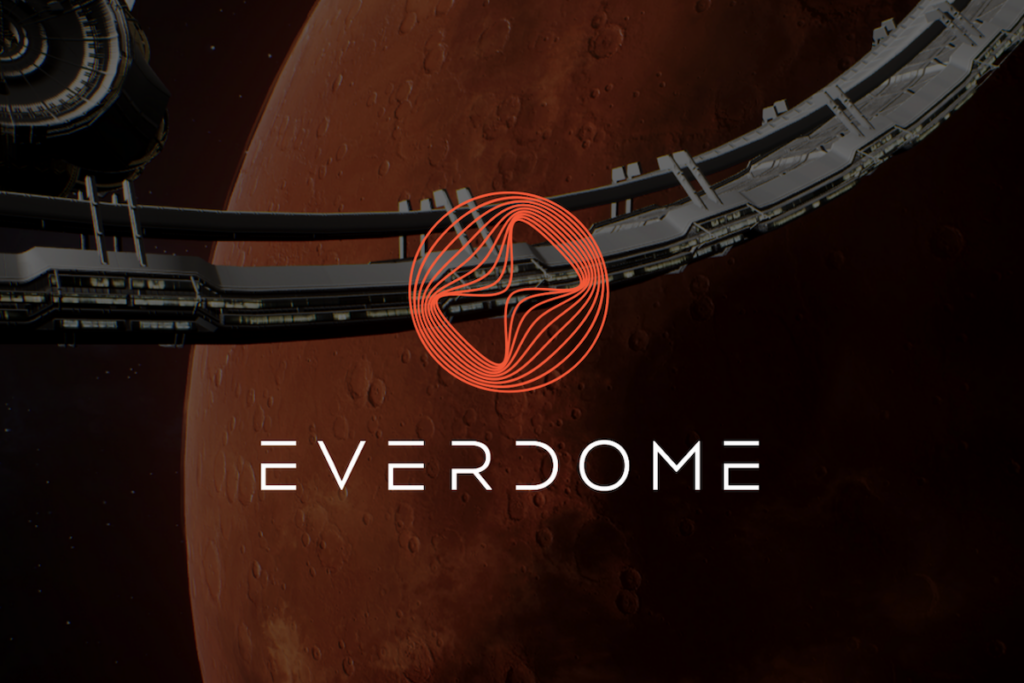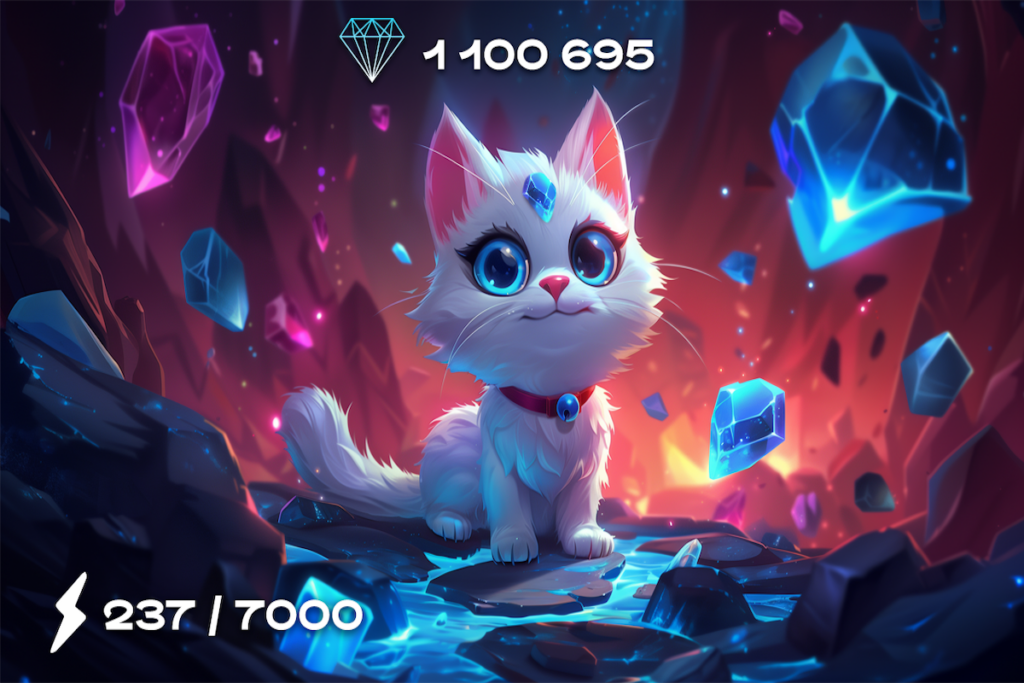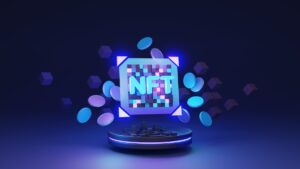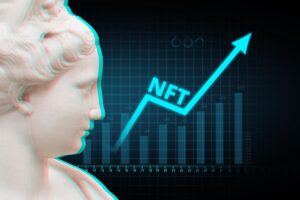GameStop plans to establish an NFT marketplace and a $100 million fund for game developers that use non-fungible tokens. This will elevate GameStop from a stock often used as a meme, to becoming a company that dabbles in cryptocurrency and Web3 tech.
The platform is supposed to launch later this year, based on the Ethereum cryptocurrency blockchain platform Immutable X. Immutable X is the platform used to launch the GameStop NFT marketplace. Immutable X, developed by Immutable, is intended to mitigate Ethereum’s most significant drawbacks: its vast energy consumption and the high associated “gas fees,” which can be exorbitant when processing a transaction.
By combining hundreds of thousands of transaction records into a single transaction, Immutable writes the transaction to the Ethereum blockchain and promises to offset the environmental impact of its processes.
Immutable is the company behind the NFT trading card game Gods Unchained.
Benefits for immutable X users
With Immutable’s existing partnerships, the new GameStop initiative will get a boost from current Immutable X users who can take advantage of the new marketplace.
Immutable and GameStop also plan on establishing a fund for developers. Other non-gaming partners like TikTok use the Immutable X platform; however, GameStop’s marketplace is pitching itself as a place where gamers can buy and sell various in-game assets, including digital assets property, weapons, and character skins.
GameStop’s latest interests
In its latest job advertisements, GameStop said it is interested in blockchain technology, announcing the need for a “head of Web3 gaming”, and a variety of NFT-related posts.
The NFT is often characterized as a means for proving ownership of items in-game and allows players to trade items outside of an approved market, such as an in-game auction house. Games like Axie Infinity, which uses a “play-to-earn” business model, also use cryptocurrencies and NFTs to run an in-game economy.
Nevertheless, the benefits are sometimes overstated – in particular, claims that they will let players move items between games. This possibility is often tricky and undesirable for a variety of reasons. Rami Ismail, a game developer, summarized some of these difficulties in a Twitter thread.
So now my question is: how the hell do you take this die to another game through NFT? The model is just a cube with weird edges. The texture only works specifically on that model made in that context, and is in a file format that this game reads as texture.
— Rami Ismail (رامي) (@tha_rami) January 10, 2022
Despite criticism, some companies, including Ubisoft, have continued to develop NFT games, whereas others have canceled plans to use NFTs in games such as S.T.A.L.K.E.R. 2 and Worms. Part of the reason for this phenomenon is criticism from players, but developers have not been enthusiastic about it either – responding overwhelmingly negatively to a recent survey at the Game Developers Conference. GameStop may avoid the backlash that followed publishers and studios dabbling with NFTs by partnering with blockchain-native games.
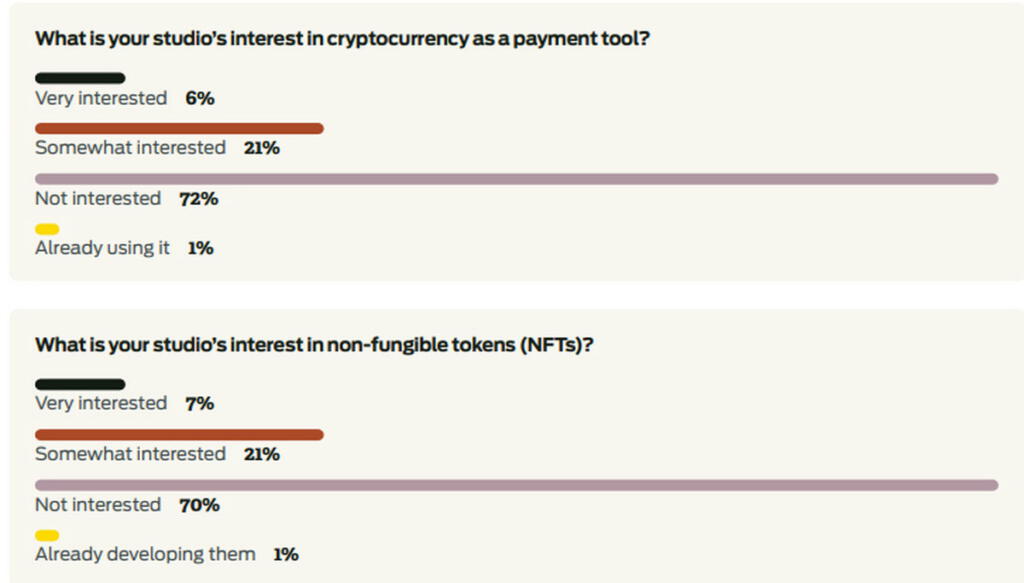
In what ways has GameStop’s NFT marketplace impacted the industry?
GameStop is not the first video game company to enter the NFT space. However, having such a big retailer come out in support of NFTs will likely encourage video game publishers to join in. Assassin’s Creed publisher Ubisoft has already revealed its new gaming platform, Quartz, but has suffered some backlash from fans. In the shooter Ghost Recon Breakpoint, players will be able to trade skins, weapons, and other items with other players by using Quartz and its NFTs, called Digits.
Additionally, Square Enix is exploring the possibility of creating an NFT platform; the developer believes that blockchains and NFTs will be a bright future for video games. Jace Kay, a member of Bored Ape, identified video game NFTs as a major NFT trend to watch in 2022, according to Creative Bloq. And GameStop appears to think so too.
Author
-

Digital asset maven with a keen interest in the valuation and cultural significance of NFTs.

